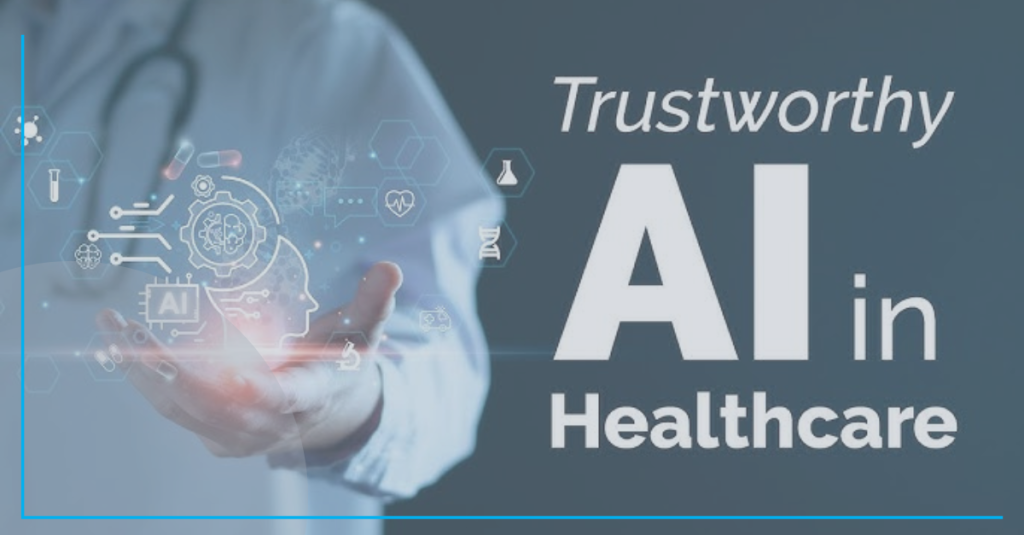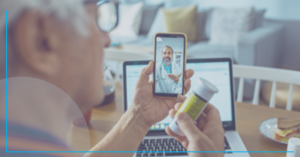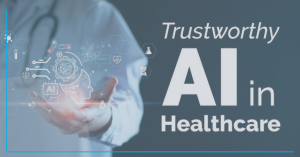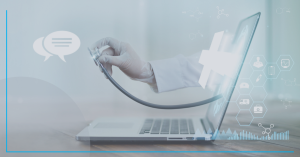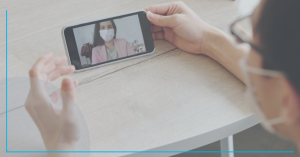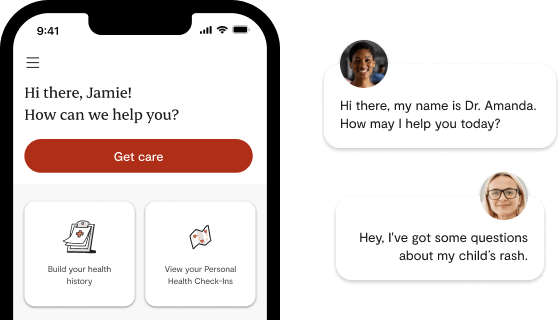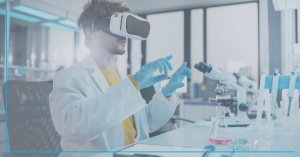ChatGPT is on everyone’s lips.
But what is the famous ChatGPT and what can you do with it?
Does it have any usefulness for the world of healthcare and telemedicine?
We asked our Chief Technology Officer, Eugenio Concepción, to explain it to us.
Here we tell you everything about chatgpt in digital health.
The revolution of new technologies in the healthcare sector
As is happening in many other industries, new technologies, robotics, and artificial intelligence (AI) are rapidly transforming the world of medicine.
Robotics helps both doctors and patients. There are several examples, such as exoskeletons for the rehabilitation of spinal cord injury patients, the Da Vinci robotic surgery system for minimally invasive procedures, 3D printing applied to organs, prosthetics, and tissue engineering (bioprinting), and robots that process laboratory samples at greater speed. These are just some examples of how robotics has become an indispensable assistant today.
AI, for its part, thanks to its ability to quickly analyze large amounts of data in real time, is enabling the development of solutions and applications that support research, training, and decision-making. It also enhances diagnosis, treatment, and patient monitoring:
Health and wellness monitoring: allows patients and doctors to collect and analyze health data in real time. This includes monitoring physical activity, sleep, nutrition, and other factors that may affect a person’s health and well-being.
Clinical research: helps researchers analyze large amounts of patient and clinical trial data to identify patterns and features that may indicate the effectiveness of treatments and the presence of side effects.
Health data management: facilitates the collection, analysis, and storage of large amounts of health data from patients and entire populations.
Diagnosis and treatment of diseases such as cancer, diabetes, cardiovascular disease, and lung disease.
We ourselves have been offering our clients, for some time now, a digital health solution based on one of these AI tools to carry out automatic diagnoses and triage: our symptom checker.
This tool uses machine learning algorithms and natural language processing to evaluate patients’ symptoms and provide diagnoses with 93% accuracy.
➲ Explore the Top 7 features of Digital Health Platforms
What is ChatGPT and how is it useful in medicine?
ChatGPT is a text-based artificial intelligence developed by the company OpenAI.
It is a language model that uses deep learning and a knowledge base that allows it to understand and generate responses on a multitude of topics in an (apparently) intelligent and precise way in a matter of seconds.
And like every pioneering and disruptive technology, it has both bright and dark sides.
Advantages of ChatGPT in telemedicine
In the context of digital health, ChatGPT could serve as a basis for creating conversational agents for telemedicine, which can interact with patients to answer questions and provide them with recommendations about medical care.
In addition, it can hold conversations in multiple languages, making it especially useful for providing remote care in different countries, while leveraging shared knowledge resources.
Risks of using ChatGPT in telemedicine
1. Data protection
Data protection is one of the greatest challenges in digital health.
With the increased use of digital technology in healthcare, large amounts of health data are collected, raising questions about patient safety and privacy.
ChatGPT is no exception in this regard. Since it requires enormous amounts of data to function effectively, this issue is particularly concerning when it comes to external providers and cloud-based storage solutions.
2. Regulatory compliance
Closely tied to the previous point, healthcare is a highly regulated industry, and there are strict guidelines on the use of patient data. ChatGPT must comply with regulations such as HIPAA and GDPR to ensure patient privacy and data security.
3. Accessibility
Despite the growing number of digital solutions available, there are still many people who do not have access to them.
To address this challenge, it is important to develop digital solutions that are accessible and easy to use for everyone, regardless of their age, abilities, or location.
4. Integration with traditional healthcare
As digital technology becomes an increasingly important part of healthcare, it is important to ensure that it integrates effectively with traditional healthcare.
5. Quality and accuracy of information
With the rise of health apps and medical information websites, there is a large amount of information available online. However, not all of this information is accurate or reliable.
It is important to ensure that the information we plan to use through ChatGPT is backed by scientific evidence and reviewed by medical experts.
6. Technical limitations
While ChatGPT has advanced natural language processing capabilities, it is still not able to understand the full complexity of human language. It may have problems with medical jargon or regional dialects, which affects its ability to transcribe patient records or provide clinical decision support accurately.
7. Ethical considerations
Some healthcare professionals may question whether the use of ChatGPT could lead to a reduction in the quality of care.
As with all new technology, there are advantages, risks, and ethical challenges arising from the use of ChatGPT (as we currently know it) in our sector.
For us, transparency and explainability of AI algorithms in digital health are key aspects to ensure trust and the adoption of these technologies by patients, medical professionals, and other healthcare stakeholders.
